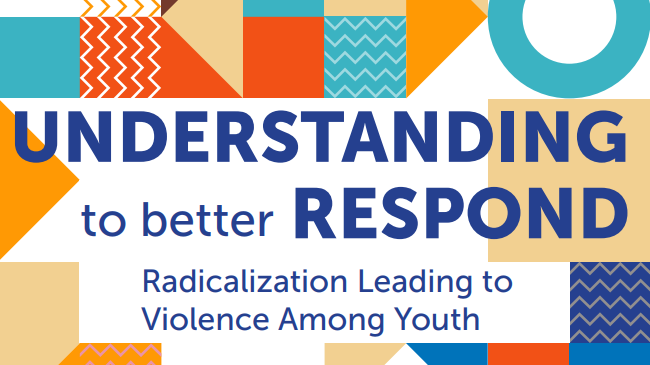Understanding to Better Respond. Radicalization Leading to Violence Among Youth. Guide for School Staff
For better or for worse, our world is changing at an accelerating
pace, requiring us to continually review our knowledge and
adapt our educational and civic practices. The speed of this
movement destabilizes our traditional reflexes: change
often anticipates the production of evidence-based data, and
yesterday’s tried-and-tested methods may prove ineffective,
or even harmful.
Violence among young people and in our schools is one of the
fields where the upheavals at work can be perceived as the
most worrying. In autumn 2023, as the Middle East conflict
divided the world, the media publicized the concerns, fears,
and exhaustion of Quebec school staff in the face of increasing
aggressive behavior in educational establishments: hate
crimes and incidents, gun violence, bullying targeting forms
of minority identity, growing misogyny.
Without claiming to provide exhaustive answers, this guide is
intended as a reflective milestone to help us begin to think
together about these phenomena, without dramatizing or
minimizing the situation, but by resolutely joining forces
to overcome powerlessness. It is intended as a means of
presenting recent data on these issues, as well as practices,
guides and tools that could be useful to the education
community. It by no means claims to be exhaustive and can and
should be supplemented to reflect the wealth of experiences
and insights gained in the field.
Expertise
Intervention jeunesseMembres et équipe SHERPA

Geneviève Audet
Professeure, Département d’éducation et formation spécialisées, Université du Québec à Montréal (UQAM)

Cécile Rousseau
Professeure titulaire, Division de psychiatrie sociale et transculturelle, Université McGill

